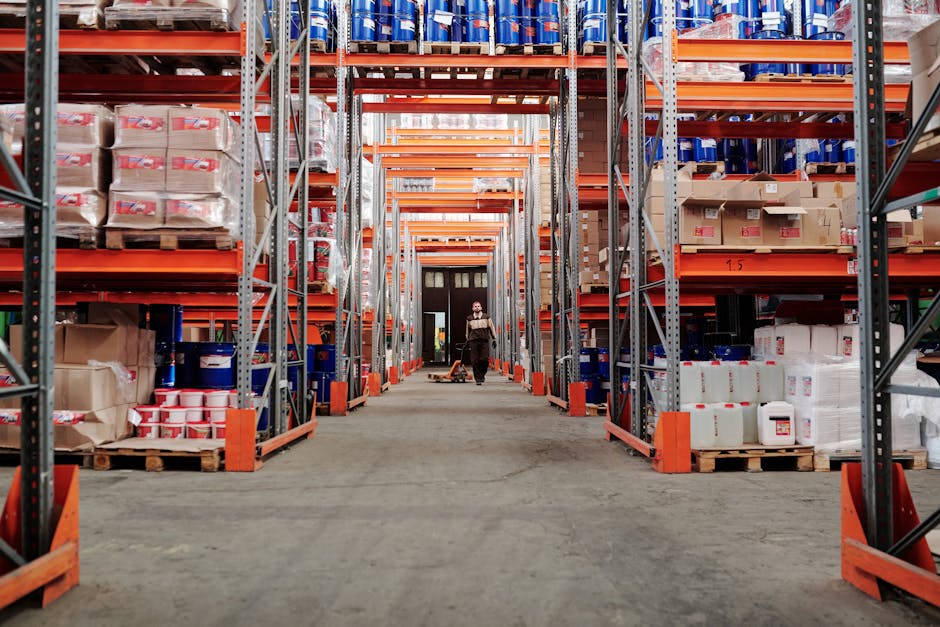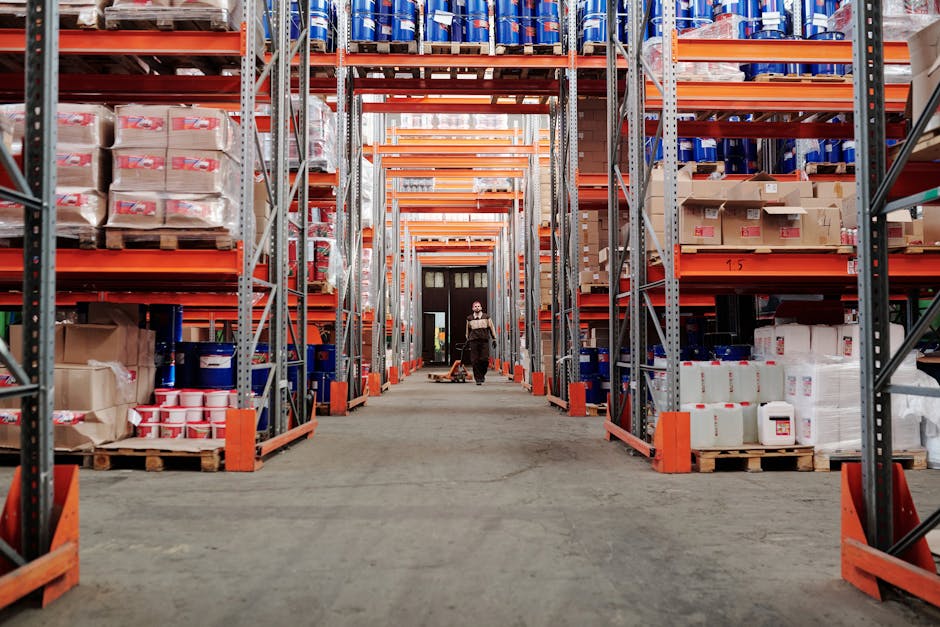Bulk Worker Deployment in Qatar Catering Industry
The Critical Importance of Bulk Catering Staff Deployment
Qatar’s hospitality and catering sector experiences extreme peaks in demand. Major sporting events, corporate conferences, and construction projects require feeding thousands simultaneously. Therefore, efficient bulk deployment is not just beneficial—it’s essential for operational continuity and service quality. This approach ensures that catering companies can scale their workforce up or down with precision, maintaining impeccable standards even under pressure.
Navigating Qatar’s Legal Framework for Mass Recruitment
Understanding local labor laws is the first step in successful bulk catering staff deployment. Qatar has specific regulations governing the recruitment of foreign workers, particularly for large groups.
Key Legal Requirements for Bulk Hiring
- Valid Qatar catering company registration
- Quota approval from the Ministry of Labour
- Block visa applications for group entry
- Medical fitness certificates for all workers
- Housing accommodations meeting government standards
Additionally, companies must comply with international labor standards and Qatar’s Wage Protection System. Moreover, recent reforms under Law No. 18 of 2020 have simplified the process for bulk worker recruitment, making it more efficient while protecting worker rights.
Strategic Planning for Large-Scale Catering Staff Deployment
Effective planning separates successful deployments from logistical nightmares. A detailed strategy must account for every aspect of bringing dozens or hundreds of workers into Qatar’s catering industry.
Essential Steps in Deployment Planning
- Conduct a comprehensive needs assessment
- Develop a detailed timeline and budget
- Identify reliable recruitment partners
- Secure appropriate housing and transportation
- Plan for orientation and training programs
Furthermore, contingency planning is crucial. Unexpected delays in visa processing or medical clearances can disrupt timelines. Therefore, building buffer time into your schedule prevents costly project delays.
Efficient Recruitment Strategies for Bulk Catering Hires
Finding qualified workers in large numbers requires specialized approaches. Traditional recruitment methods often fall short when you need to hire 50+ chefs, servers, and kitchen staff simultaneously.
Effective Mass Recruitment Channels
- Establish partnerships with overseas vocational schools
- Utilize government-to-government labor agreements
- Leverage digital recruitment platforms specializing in bulk hiring
- Attend international job fairs focused on hospitality staffing
- Develop an employee referral program with incentives
According to a Qatar government report, the catering industry’s workforce has grown by 23% annually since 2018, highlighting the constant need for effective bulk recruitment strategies.
Streamlining Visa and Immigration for Group Catering Staff
The immigration process presents the biggest challenge in bulk worker deployment. However, Qatar’s block visa system simplifies obtaining entry permits for groups of workers with identical job classifications.
Navigating the Block Visa Process
Firstly, employers must submit applications through the Metrash2 system. Subsequently, the Ministry of Administrative Development, Labour and Social Affairs reviews the request. Typically, approval takes 15-30 days for standard catering positions. Importantly, all workers must undergo medical screening at approved centers upon arrival.
Additionally, companies must arrange Qatar ID applications and health insurance for each employee. Fortunately, processing multiple applications together often results in efficiency gains and faster approvals.
Optimizing Logistics for Bulk Catering Workforce Management
Moving large groups of workers requires military-level precision. Transportation, accommodation, and onboarding must be perfectly synchronized to avoid confusion and additional costs.
Key Logistics Considerations
- Group airfare negotiations with airlines
- Arrival coordination at Hamad International Airport
- Transportation to accommodation facilities
- Staggered intake schedules to manage capacity
- Prepared welcome packages with essential information
Moreover, proper housing arrangements are legally mandatory. Qatar’s Ministry of Labour conducts inspections to ensure worker accommodations meet specified standards for space, facilities, and safety.
Training and Integration for Deployed Catering Teams
Effective training transforms recruited workers into cohesive, high-performing teams. This is especially crucial in Qatar’s diverse catering environment with its mix of international cuisines and service standards.
Essential Training Components
- Qatar-specific food safety and hygiene regulations
- Cultural orientation and customer service expectations
- Specialized equipment training
- Language skills for international clientele
- Emergency procedures and safety protocols
Furthermore, ongoing development programs help retain staff between major deployments. Many companies partner with local educational institutions to provide certification programs that enhance worker skills and qualifications.
Technology Solutions for Managing Bulk Catering Deployment
Modern technology dramatically simplifies the complexity of bulk worker deployment. Specialized software platforms offer end-to-end solutions for managing large groups of catering staff.
Key Technological Tools
- Deployment management systems for tracking visa status
- Scheduling software for shift management
- Mobile apps for communication and training
- Payroll systems designed for bulk processing
- Performance tracking and evaluation tools
These technologies not only improve efficiency but also ensure compliance with reporting requirements. Additionally, they provide valuable data for optimizing future bulk deployment initiatives in Qatar’s catering sector.
Cost Management Strategies for Bulk Staff Deployment
Deploying workers in bulk offers significant economies of scale, but only with proper financial planning. Understanding the cost structure is essential for budgeting and profitability.
Major Cost Components
Typically, bulk deployment costs include recruitment fees, visa processing, airfare, accommodation, insurance, and training expenses. However, grouping these services creates negotiation leverage with suppliers. Consequently, per-worker costs can be 30-40% lower compared to individual hiring.
For expert guidance on optimizing your deployment budget, explore our comprehensive resources or consult with our specialists who understand Qatar’s unique catering landscape.
FAQ: Bulk Worker Deployment in Qatar Catering
What is the minimum group size for bulk worker deployment in Qatar?
Typically, Qatar’s block visa system requires a minimum of 5 workers for bulk processing. However, most catering companies consider 10+ workers as practical bulk deployment for cost efficiency.
How long does bulk visa processing take for catering staff?
Standard processing takes 2-4 weeks for complete approval. However, premium processing options can reduce this to 7-10 days for urgent catering projects.
What are the biggest challenges in bulk worker deployment?
The primary challenges include coordinating medical screenings, managing housing logistics, ensuring consistent documentation, and maintaining communication across large groups during transit.
Can we deploy workers from multiple countries simultaneously?
Yes, but each nationality group requires separate block visa applications. This adds complexity but is common in Qatar’s diverse catering industry.
What happens if a worker fails the medical test during bulk deployment?
The individual worker is typically repatriated at the employer’s expense. However, this rarely affects the entire group’s deployment if proper pre-screening was conducted.
Are there special considerations for bulk deployment of catering staff?
Yes, catering staff often require additional food handling certifications, specific uniform regulations, and cultural sensitivity training particular to Qatar’s service environment.
Conclusion: Mastering Bulk Deployment for Catering Success
In conclusion, effective bulk worker deployment in Qatar’s catering industry requires meticulous planning, deep regulatory knowledge, and strategic partnerships. The process demands attention to countless details from visa processing to cultural integration. However, the rewards include significant cost savings, operational flexibility, and the ability to undertake massive catering projects. Ultimately, mastering this complex operation provides a substantial competitive advantage in Qatar’s dynamic hospitality market. To summarize, proper bulk deployment strategies ensure that catering companies can meet Qatar’s extraordinary demand peaks while maintaining service excellence.
Ready to optimize your catering workforce strategy? Book a consultation with our experts today to develop a customized bulk deployment plan that meets your specific needs and maximizes your operational efficiency.




